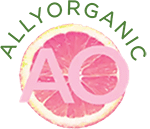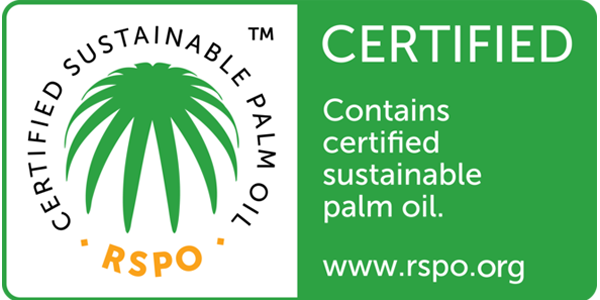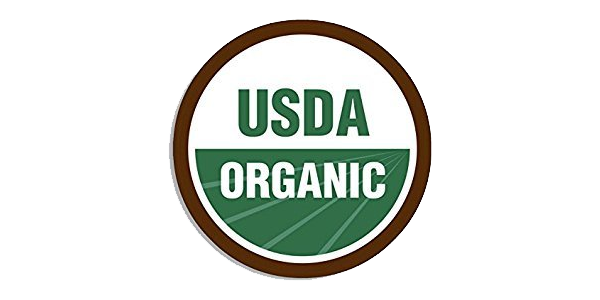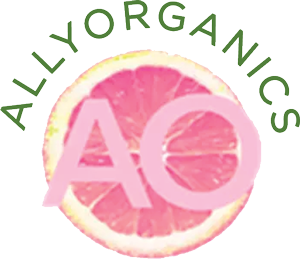Despite a surge in organic products in the market, there are a lot of misconceptions surrounding it. It’s also more affordable to buy in the long run and is actually healthier than most people think. Don’t panic, it’s organic. These products are both healthier and better for us and the environment.

1. Non-organic food treated with pesticides is not that bad.
Let’s get real; pesticides are created with a clear goal–to kill bugs, weeds, and even larger animals. Everything we and our pets eat or apply to the skin that contains pesticides gets absorbed by the body. What’s even worse, the more of these products you use, the more harmful chemicals, toxins, and other synthetic materials are building up.
One of the most common pesticides, used as mosquito control DDT, was thought to be safe. However, research had proven one of the sub-categories of this pesticide was banned back in 1972. This pesticide is one of the longest-lasting as well, which makes it even more harmful.
That said, would you believe something containing pesticides wouldn’t be that bad? That’s exactly what we thought!
2. Organic is the same as locally grown.
Buying labels such as natural, free-range, or locally-grown is not the same as buying organic. Even though you may get what you think you are getting, most of the time, these labels mean nothing. Unless actually carrying organic certifications from reliable certifying bodies, products claiming organic composition can be anything but organic.
Only products certified by USDA and grown and processed in a strict manner, are trustworthy. Products only claiming they are organic without holding a certification, including locally-grown and free-range, fall out of the “organic” category.

3. Organic is expensive.
Believing that conventional food is cheaper than organic is common among people. However, a great deal of the population isn’t aware of the hidden costs of conventional products such as their medical and environmental costs. Not to mention, the cost of undoing years of devastating damage to our ecosystem. Even though some organic products can be pricier than conventional, plenty of these is super-affordable and sustainable when sourced from the right place.
4. Organic yields can’t compare to conventional.
It’s true that producing organic costs more and is more time-intensive, but organic yields can compete with conventional yields. Think long-term: applying organic growing methods continuously can contribute to better soil quality. That means, over time, organic yields would surpass conventional produce. Organic is environmentally beneficial and can feed the world. It’s also a start to shifting the current lifestyle we have into a better one.
5. Organic food tastes the same as conventional.
A person who has never tried organic can claim something like this. However, most people can actually taste the difference. If you still don’t trust this, try buying a bottle of conventional and organic ketchup. This will make clear things up for you.
Don’t panic, it’s organic. Organic is everything BUT marketing hype. We hope these short facts dispelled myths to help you make a more informed buying choice. If not, we can assist you further here. If you need further assistance please click here. You may also check out our products and be confident and at peace knowing you’re getting the highest quality organic products available in the market.






